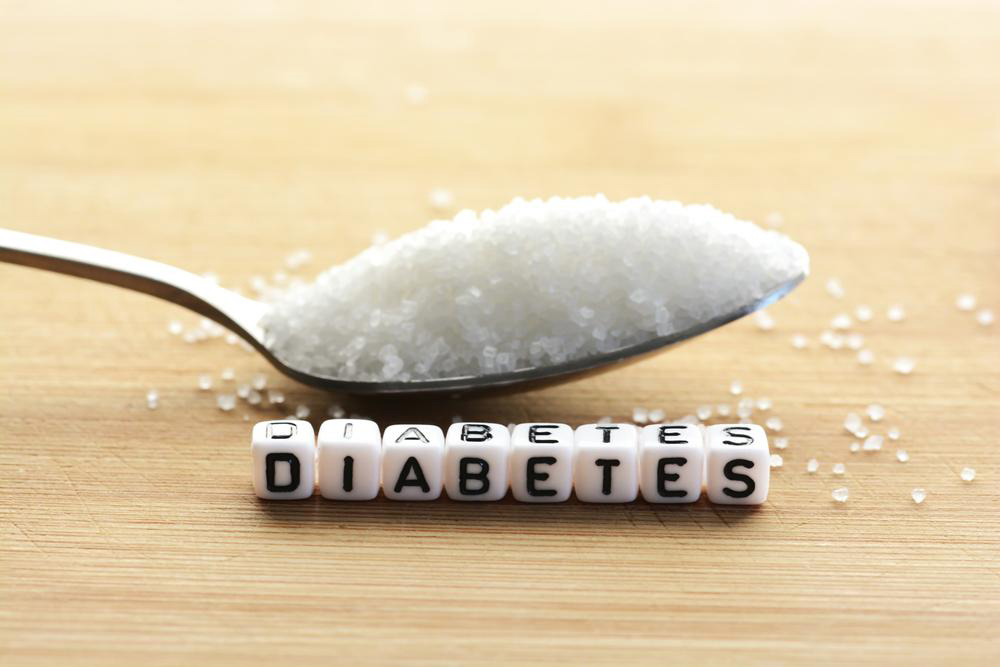Comprehensive Nutritional Strategies for Effective Management of Cystic Fibrosis
This comprehensive guide provides detailed dietary strategies for managing cystic fibrosis effectively. Emphasizing high-calorie, nutrient-rich foods, hydration, and tailored plans for adults and infants, it highlights essential tips to improve health outcomes, prevent complications, and enhance quality of life for CF patients. Expert insights on balancing fats, vitamins, and hydration are included to support optimal nutrition and overall well-being.

Comprehensive Nutritional Strategies for Effective Management of Cystic Fibrosis
Cystic fibrosis (CF) is a complex inherited disorder that primarily affects the respiratory and digestive systems. It is characterized by the buildup of thick, sticky mucus that obstructs airways and impairs pancreatic function, leading to significant nutritional challenges. Patients with CF often experience symptoms such as mucus-laden stools, bloating, excessive intestinal gas, and abdominal swelling. Moreover, CF significantly hampers the body's ability to absorb essential nutrients, resulting in malnutrition and stunted growth if not managed properly.
Effective nutritional management plays a vital role in improving quality of life and health outcomes for individuals with cystic fibrosis. Tailored dietary approaches, specific food choices, and lifestyle adjustments are crucial components of a comprehensive care plan. This article delves into detailed dietary recommendations, practical tips, and strategies to optimize nutrition intake for both adults and infants affected by CF.
Dietary Approaches and Nutritional Needs for Adults with Cystic Fibrosis
Managing cystic fibrosis nutrition requires understanding that there is no one-size-fits-all diet. Instead, personalized plans developed in collaboration with healthcare providers, especially dietitians specializing in CF, are essential. Typically, individuals with CF require a diet that exceeds the caloric intake of healthy individuals due to increased energy expenditure from respiratory effort and malabsorption. Most adults with CF are advised to consume approximately one and a half to two times the average daily caloric intake to meet their body's heightened requirements.
Comprehensive dietary plans focus on providing high-calorie, high-fat foods to support weight maintenance and muscle mass. A healthy balance of macronutrients is vital, with approximately 40% of total calories coming from fats. Emphasis should be placed on consuming healthy fats, including monounsaturated and polyunsaturated fats, to promote heart and overall health. Incorporate foods like extra virgin olive oil, nuts, seeds, and avocados into everyday meals.
To further reduce inflammation and bolster immune defenses, include omega-3-rich foods such as fatty fish like salmon, mackerel, and sardines, along with plant-based options like flaxseed, chia seeds, and walnuts. These foods contribute beneficial fatty acids that support cellular health. Additionally, increasing intake of calorie-dense foods like cheese, creamy dressings, and full-fat dairy products can help meet nutritional needs.
Adherence to prescribed vitamin and mineral supplementation regimens is also critical. CF patients often face deficiencies in vitamins A, D, E, and K due to fat malabsorption; hence, supplementation is vital in maintaining optimal levels and preventing deficiencies that can impair health further.
Importance of Hydration and Electrolyte Management in Cystic Fibrosis
Proper hydration is fundamental for individuals with CF, as dehydration can worsen mucus viscosity and impair clearance from the lungs and digestive tract. CF patients commonly experience excessive sweating, which increases the risk of dehydration and electrolyte imbalances. Ensuring adequate fluid intake helps maintain mucus clearance, supports digestion, and prevents complications related to thickened stool or intestinal blockages.
It's crucial to balance fluid intake with salt replenishment, especially during hot weather or after vigorous activity, to compensate for salt loss through sweat. Incorporating salty snacks and salt-added foods can help maintain electrolyte balance, reducing symptoms like headaches, cramps, fatigue, and muscle weakness. For infants and young children, fluids should be carefully managed under medical supervision to prevent dehydration without causing excessive electrolyte shifts.
In addition, patients should be encouraged to adhere to hydration protocols advised by their healthcare team, which may include oral rehydration solutions or electrolyte-enriched beverages tailored to individual needs.
Nutritional Strategies for Infants with Cystic Fibrosis
Infants diagnosed with CF face unique nutritional challenges similar to adults but require specialized considerations to promote optimal growth and development. A high-calorie, high-protein diet is crucial for infants to support rapid growth and immune development. As they transition from liquid to soft foods, parents and caregivers should focus on calorie-dense, nutritious options.
Breast milk or cystic fibrosis-specific infant formulas are the foundation of an infant’s diet, often supplemented with added caloric sources like cream cheese, banana purées, or nut butters, as recommended by healthcare professionals. These additions significantly increase caloric density without compromising digestibility.
Pediatric formulations enriched with essential fat-soluble vitamins A, D, E, and K are vital to prevent deficiencies, support bone health, and bolster immune function. Introducing soft, easily digestible foods ensures proper nutrient absorption and helps maintain sufficient weight gain, critical for overall health and developmental progress.
Regular monitoring of growth metrics and nutritional status by pediatricians ensures that dietary strategies remain effective and adapts as the child grows. Parents should work closely with a multidisciplinary team to implement individualized nutrition plans that align with each infant’s unique needs.
Practical Tips for Enhancing Dietary Intake and Lifestyle
For individuals managing cystic fibrosis, small but consistent dietary modifications can substantially improve health outcomes. Practical tips include planning meals ahead to ensure nutrient-rich, high-calorie options are available throughout the day. Incorporate snacks like trail mixes, cheese sticks, yogurt, or smoothies fortified with protein powders or healthy fats.
Cooking methods also matter—grilling, baking, or sautéing with healthy oils preserves nutrient integrity while adding flavor and calorie content. Using herbs and spices enhances meal palatability, encouraging consistent food intake.
Maintaining regular physical activity, tailored to individual capacity, can boost appetite, promote lung function, and support overall wellness. Adequate rest and stress management are equally essential components of a holistic approach to health management in cystic fibrosis.
Concurrently, patients should stay vigilant about symptom monitoring, adhere to medication and supplementation plans, and attend routine clinical evaluations to promptly address emerging nutritional concerns or complications.
Conclusion: Optimizing Nutrition for Better Quality of Life in Cystic Fibrosis
Effective nutritional management is a cornerstone of comprehensive cystic fibrosis care. By adopting personalized dietary strategies, emphasizing high-calorie, nutrient-dense foods, and maintaining vigilant hydration and supplementation routines, individuals with CF can significantly improve their health outcomes, reduce complication risks, and enhance their overall quality of life. Close collaboration with healthcare providers ensures that dietary plans are tailored to each person’s specific needs, advancing both longevity and well-being. Continued research and evolving clinical guidelines further support the importance of nutrition in the holistic management of this challenging condition.





